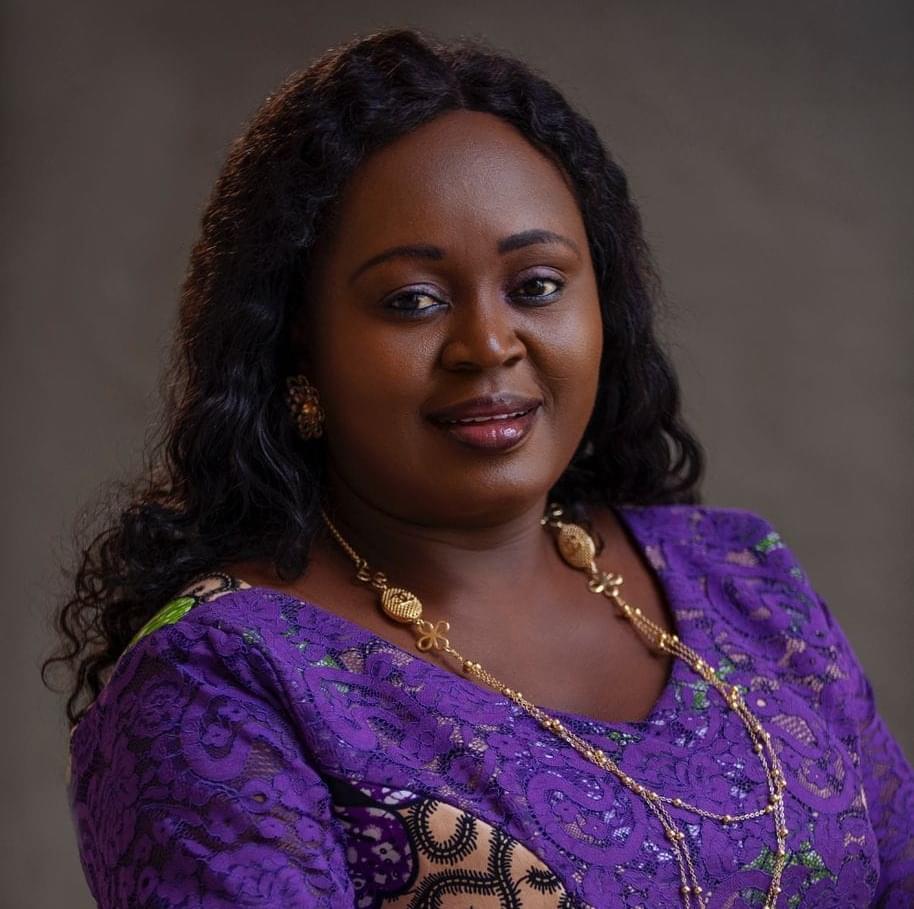By Ene Oshaba
Nigerian based non-profit organisation Baobab for Women’s Human Rights (BAOBAB), has reiterated the call for the promotion and protection of the human rights of women in Anglophone West-African (AWA) countries with the Maputo Protocol.
A statement signed in Abuja by its Executive Director Bunmi Dipo- Salami, noted that the Protocol is the African Charter on Human and People’s Rights on the Rights of Women in Africa.
The call formed the core of discussions at a virtual regional convening of state and non-state actors in Anglophone West Africa themed “Changing the course of women’s rights in West Africa with the Maputo Protocol”.
In her welcome remarks, BAOBAB’s Executive Director, Ms. Bunmi Dipo-Salami noted that the Maputo Protocol (MP) is one of the most progressive legal instruments providing a comprehensive set of human rights for African women. It recognises all human rights as women’s rights including the right to life, dignity, integrity, security, health and reproductive rights, access to justice, women’s political participation rights, among others.
According to her, “the Protocol is against all forms of gender-based violence such as limited access to properties, Child marriage, it also helps in access to education and health care for women in Africa. The protocol has done much since it came into force. However, there is still much to be done to ensure that women’s rights are fully protected and realised in practice.”
Furthermore, she stressed that to achieve the ultimate goal of the Protocol which is that women and girls in Africa fully enjoy their rights, it should be incorporated in domestic law to enable its full implementation in the region.
In her Keynote address, Special Adviser to the Ondo State Governor on Gender, Hon. Olamide Falana, attributed some of the challenges in acceptance and implementation of the protocol to issues around cultural divides.
Falana referenced Article 14 of the Protocol which speaks to the right of women’s health, she explained that the discussion around safe abortion in the Nigerian content is still a heated one which stems from cultural and religious perspectives whereby women do not have full autonomy over their bodies.
“It is one thing to have the protocol accepted, it is another for it to be a tool that everyone is willing to work with and use across cultural divides within a nation.”
“As such, women still require consent from a man over issues pertaining to their bodies. Though the Protocol also speaks to the right of access to medical care, several factors affect a woman’s access to medical care.”You can only demand medical care when it is available within your community. When it is not available, your right is limited,” she said.
Similarly, the Special Guest, who is the current Speaker, Ekiti state House of Assembly, Rt. Hon. Olubunmi Adelugba, recalled that the MP was introduced to Nigeria by the African Union (AU) in attempt to protect and promote women’s rights in West Africa.
Adelugba stressed the importance of political will in domestication and implementation of laws that improve the lives of women and girls, noting that Ekiti State has established many laws that model the protection of women as contained in the provisions of the MP.
“Ekiti state created some laws that protects women such as the gender based violence prohibition, Ekiti state discrimination against person with disabilities law, Discriminations against children and compulsory treatment prohibition, Ekiti state gender based violence law 2020, creation of Sexual Assault and Referral Centres in Ekiti State, Name and Shame of sexual offenders policy, Widowhood law 2012, Ekiti state equal opportunities law and they also have a gender based violence committee which is headed by the wife of the Governor with support of the Commissioner, Ministry of Women Affairs and Social Development in the state.
In the words of Rt. Hon Adelugba who is the only female Speaker of a House of Assembly in Nigeria, “these laws are always active but the only problem they face is lack of reporting by the victims of injustices who are mainly women and girls, and this happens due to religious and cultural beliefs stigma. It is only when a case is reported that such laws will be in effect,’’ she stated.
Expert Speaker at the conference and Executive Director ACDHRS from Gambia, Hanna Forster, maintained that the major challenge persisting across all five (5) Anglophone West African countries remains the lack of technical knowledge and expertise on reporting.
She therefore urged CSOs to sharpen their skills and become conversant with the guidelines developed by the African Commission for shadow reporting while stressing the need to simplify and translate the protocol, as well as litigate and bring cases to the African Court of Justice and Human Rights or the ECOWAS Court of Justice if member states fall short of their commitments.
Another Expert Speaker, the Programmes Officer from Alliances for Africa (AFA) Nigeria, Lilian Ibeh, stressed the need for more strategies that will help the domestication of the protocol leveraging data, the media, and partnerships to address the issues.
“Without domestication, there cannot be implementation, without implementation there cannot be evaluation. How can we access what we don’t have,” she queried.
The regional convening which had in attendance fifty (50) carefully selected participants from the five (5) anglophone West-African countries – The Gambia, Ghana, Liberia, Nigeria and Sierra Leone was organized by Baobab with support from the Swedish International Development Agency (SIDA) through Equality Now and the Solidarity for African Women’s Rights (SOAWR).
The virtual conference is part of a Joint Cluster Advocacy Campaign by the anglophone West Africa member organisations of SOAWR, a coalition of over 80 civil society organisations working across 33 countries in Africa.
The project is currently implemented by five CSO’s including the Initiative for Gender Equality and Development in Africa (IGED-Africa), Ghana; Young Liberian Women Organisation for Improvement (WOFIM), Liberia; Alliances for Africa (AfA), BAOBAB for Women’s Human Rights and Women’s Rights Advancement and Protection Alternative (WRAPA), in Nigeria.

